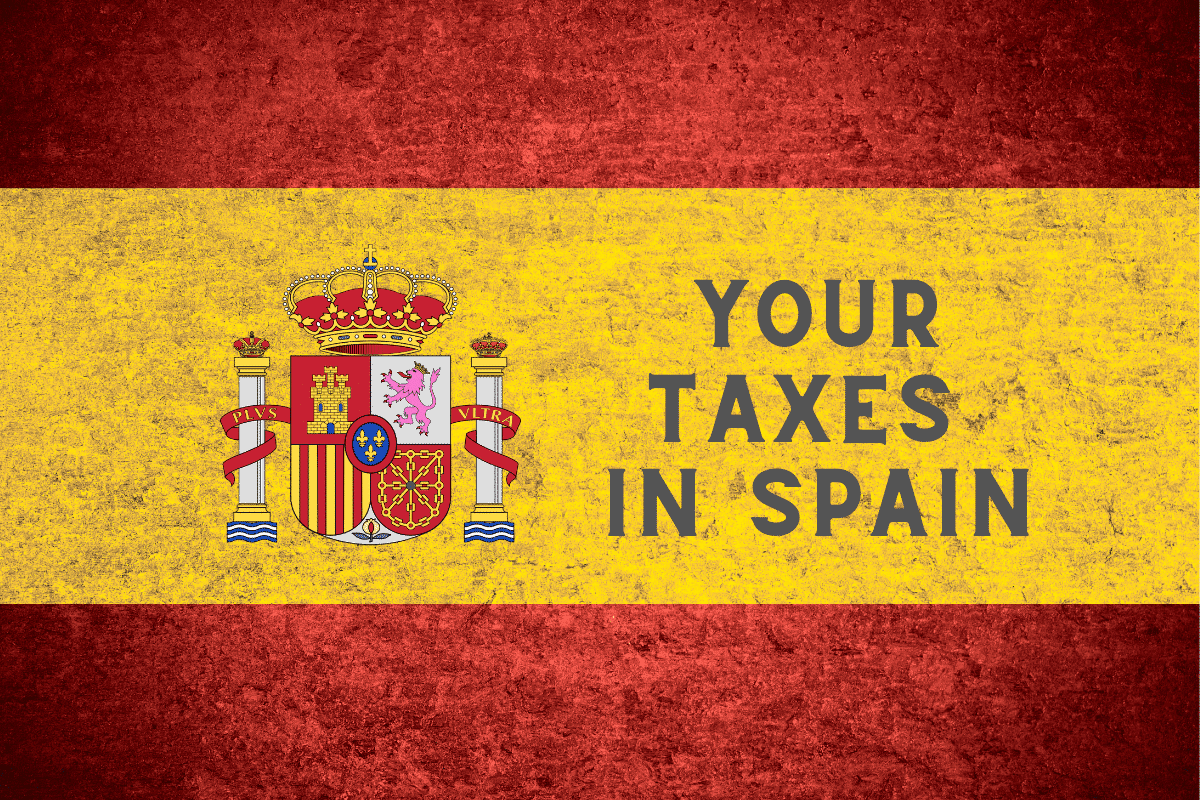
As we step into 2025, Spain ushers in notable transformations within its tax landscape. These adjustments, spanning various sectors and affecting diverse demographic groups, stem from fiscal policies agreed upon during the recent sessions of the Congress of Deputies. With an overarching aim to bolster state revenues by approximately €4.5 billion annually, these changes illustrate the government's strategic move to ensure a robust economic framework. Amidst these changes, some tax relief measures, previously introduced to combat inflation, have now expired. As these developments take shape, a comprehensive understanding is essential for individuals and businesses alike.
Reverting to Standard Rates
A significant change that has captured public attention involves the reimplementation of standard tax rates on previously exempted goods. After many years of enjoying reduced VAT on basic necessities, Spaniards are now witnessing a return to the usual 4% VAT rate on essential food items, including the much-revered olive oil. Alongside this, the temporary reduction in electricity VAT has been rescinded, restoring the rate to its original 21%. These modifications, while boosting revenue, inevitably lead to a rise in household expenses for Spanish families.
These changes reflect a broader economic strategy designed to ensure a sustainable fiscal future as Spain gradually phases out measures implemented to cushion households from past inflationary pressures. Since 2020, public coffers have absorbed extensive cuts, amounting to €120 billion in tax breaks and subsidies. While their removal might indicate a controlled inflation environment, they simultaneously challenge lower-income families' financial stability.
Impact on the Corporate Sphere
Corporate entities, particularly large multinationals and banks, encounter significant revisions in their tax obligations. Marked by changes drafted to align with international benchmarks and outcomes agreed upon with Brussels, these reforms present a nuanced picture for businesses operating in Spain.
Corporate Tax Adjustments
For large businesses and multinationals with turnovers exceeding €750 million, 2025 heralds a minimum 15% corporate tax rate. This aligns with the global effort to ensure that large corporations contribute an equitable share, regardless of where they generate income. However, there is some respite for small and medium-sized enterprises (SMEs); was responded to calls for economic support through a reduction in their Corporate Tax liabilities. For SMEs, a relief package encompassing a €700 million reduction epitomises an essential gesture towards supporting business growth within this critical sector.
The Financial Sector's New Reality
Banks in Spain face a transformative fiscal landscape in 2025. A freshly introduced tax on the financial sector targets interest margins and fees, announced with a progressive tax scale ranging from 1% to 7%. The government estimates that this measure will cumulatively generate €1.7 billion annually over the next three years. The revenue procured under this tax will be distributed among the autonomous communities, corresponding to their GDP—an approach aimed at fostering fair distribution.
Moreover, the tax reform package introduced further considerations. If acquisition operations like BBVA's takeover of Sabadell proceed, additional tax burdens may arise, amplifying the financial sector’s contribution to the economy and the national treasury.
Addressing Fiscal Fraud and Modifying Tax Policies
Among the new measures, the government has committed to tightening regulations to combat fiscal fraud, particularly within the hydrocarbons sector. A revised hydrocarbons VAT aims to prevent manipulation and ensure transparency in operations related to major oil companies. Simultaneously, the modifications within Corporation Tax strive to limit past deductions, bringing Spain's effective tax rate closer to its statutory requirements.
Effects on Personal Income
Throughout these fiscal revisions, certain personal income categories come under scrutiny. Specifically, individuals receiving capital incomes exceeding €300,000 will face an increment in their Personal Income Tax by an additional two percentage points, setting the rate at 30%. Despite these changes, many Spaniards still bear the financial burden resulting from non-indexed tax brackets, which do not reflect inflationary movements.
A report from the Bank of Spain flagged this issue, noting that the absence of indexation has enabled the Tax Agency to collect an additional €11 billion in recent years. As inflation continues to affect household budgets, calls for adjustments persist.
Tobacco, Diesel, and Energy: A Changing Landscape
The beginning of 2025 marks increased taxation on tobacco and introduces a new tax on electronic cigarettes, part of the government’s broader vision to curb smoking across all age groups, especially among youth. This policy extends beyond revenue generation, reflecting a public health focus as the prevalence of tobacco consumption rises.
For motorists, potential changes loom with regards to the hydrocarbon tax on diesel. While current discount measures are slated for removal, political dynamics have temporarily delayed these adjustments. The proposal faces opposition from Podemos, thereby temporarily blocking its legislative passage despite Spanish commitment to Brussels to implement this change as a condition for receiving European funds.
A Record Year with Regional Disparities
As Spain concluded 2024 with revenue close to €300 billion, disparities among the regions regarding local and state taxes remain evident. Regions like Catalonia, previously leading in local taxes with minimal tax breaks, continue to hold significant contrasts compared to Madrid, recognised for its reduced tax burden. These differences highlight the asynchronous fiscal experiences faced by citizens across the country.
Despite achieving record revenue, Spain’s average tax pressure remains below the EU average, reported at 37% of GDP according to Eurostat’s latest figures. This analysis, which considers income levels and contributions after deductions, situates Spain below neighbouring countries like Portugal, Germany, and Italy, with France leading at 45.6%.
Concluding Thoughts
As Spain navigates these new fiscal waters, the array of changes encompasses a vision aimed at stabilising the economy, achieving equitable taxation, and ensuring aligned growth. While these taxes undeniably tighten some financial strain on individuals and businesses, especially amidst global economic uncertainties, they represent decisive movements to achieve balanced public finances. Ultimately, understanding and navigating these transformative changes will be essential for all stakeholders involved as they contribute to shaping Spain’s economic narrative this year and beyond.